In the rapidly evolving world of customer relationships, the CRM you choose can make or break your growth. Sales Cloud and Service Cloud are two of the most powerful tools in the Salesforce arsenal. But both live under the same CRM roof, and yet they serve very different masters. If you're not sure which one is right for your business – and why you may need one or both – this guide will help you make that decision.
What Are They?
Sales Cloud is designed to drive revenue. Its strength lies in its ability to help sales teams track leads, opportunities, forecasts, and close deals. Consider it the powertrain to your business growth.
Service Cloud is focused on the post-sale experience—customer support, case resolution, self-service, knowledge bases, and now omnichannel communication. It’s how you make customers happy, solve problems, and develop loyalty.
Key Features: What Each Brings to the Table
Sales Cloud Vs Service Cloud: Which Is Better? When it comes to Sales Cloud Vs Service Cloud, it’s not really a question of which is “better” so much as which one suits your needs. Both are powerful, but their feature sets are geared towards different results.
1. Sales Cloud is all about growing. It provides powerful lead and opportunity management features, which enable companies to monitor their prospects from the first point of contact to closing. Sales predictions, territory management, and AI insights empower sales teams to focus their efforts and close deals faster. Quoting and pipeline visibility also simplify tracking the health of deals.
2. Service Cloud shines in customer experience. It includes advanced case management features—automated routing, escalation rules, and SLA tracking ensure no customer query slips through the cracks. With Lightning Knowledge, AI-powered chatbots, and self-service portals, customers can find answers on their own while reducing pressure on your support staff. Service Cloud also supports true omnichannel communication—agents can respond to customers by phone, email, chat, or social media without losing context.
While Sales Cloud equips your team to bring in new business, Service Cloud ensures you retain and delight customers long after the deal is signed. Together, they create a complete customer journey—from first interaction to long-term loyalty.
When to Use Which (Or Both)
No one-size-fits-all. The right choice depends heavily on your business model, priorities, and where you want to invest. Here are scenarios and trade-offs to help you decide.
Go with Sales Cloud if:
-
Your primary goal is growing revenue: closing new deals, increasing conversion rates, expanding market share.
-
You have a sales team needing detailed tracking of leads, opportunities, and forecasting.
-
Your product or offer requires complex quoting, discounting, or territory management.
-
Long sales cycles, many stakeholders, or frequent deal negotiations are the norm.
Go with Service Cloud if:
-
Your business has many customer interactions after the sale—tech support, billing, returns, or maintenance.
-
Customer satisfaction, retention, and support efficiency are major KPIs.
-
You need multi-channel support (chat, social, voice) and want customers to have self-service options.
-
You want to scale support operations, reduce resolution time, and automate case handling.
Use Both when:
-
Your business crosses both domains: you want to drive sales and ensure excellent support.
-
You want unified customer data: so sales reps know support history & support agents know what led to the sale.
-
Seamless handoff is required: e.g., from sales closing a deal to onboarding and support.
What About Implementation & Consulting?
Here’s where things get interesting—and also risky. Even the best-matched tool won’t succeed without proper execution. This is where roles like Salesforce Sales Cloud Consultant and Salesforce Service Cloud Implementation come in.
A Sales Cloud Consultant helps align your sales processes with the system: defining lead flows, opportunity stages, reporting dashboards, and user adoption strategies. Without this, your sales team might see Salesforce as “extra work” rather than an accelerator.
For Service Cloud, implementation is critical. Poorly designed case workflows or weak routing rules can frustrate both agents and customers. With strong Service Cloud Implementation, your agents get a clear, efficient workspace, customers benefit from faster resolutions, and AI-driven tools begin to make a real impact.
The difference between “just having Salesforce” and “fully leveraging Salesforce” lies in how well it’s set up and customized for your needs.
Real-World Examples & Impact
To make the choice concrete, here are what businesses often report:
-
A company that adopted only Sales Cloud saw shorter sales cycles (by 20–30%), better forecasting accuracy, and fewer dropped leads.
-
A support-oriented firm using Service Cloud achieved higher customer satisfaction scores, reduced first-response times, and fewer repeat contacts.
-
When both are used in tandem: stronger upsell and cross-sell (because support data feeds into sales), better customer lifetime value, improved retention rates.
Pricing & Scalability Considerations
Sales Cloud and Service Cloud are licensed separately, with different editions—Essentials, Professional, Enterprise, and Unlimited—each unlocking new features. While Sales Cloud covers selling functionality, Service Cloud adds advanced customer service features, which means businesses often need to evaluate their priorities before investing.
Add-ons like chatbots, voice support, and field service can increase costs but also extend capabilities. Integration with existing ERP, marketing automation, or telephony systems should also factor into your decision. Most importantly, adoption matters—if your teams don’t embrace the system, features won’t matter.
So, What Should You Choose?
Here’s a quick decision-guide checklist:
-
Define your business priorities: Is it sales growth or service excellence (or both)?
-
Map the customer journey: From lead → sale → support → retention. Which touchpoints need the most help?
-
Quantify your metrics: Sales conversion rates, deal cycle, customer satisfaction, case resolution time. Which need improvement?
-
Assess current gaps: What is missing in your sales workflow? What is slowing down support?
-
Budget & resources: Do you have internal staff (or can hire external) to do a successful implementation of either or both?
Why Codinix Technologies Inc. Can Help
At Codinix Technologies Inc., we’ve seen many businesses struggle with deciding between Sales Cloud and Service Cloud—not because the tools are weak, but because business processes, goals, and implementation often aren’t clearly defined. We help by:
-
Performing in-depth assessments before recommending Salesforce Service Cloud Implementation or Sales Cloud adoption.
-
Providing experienced Salesforce Sales Cloud Consultant services so that setup, customization, and training are optimized to your sales team’s actual workflows.
-
Ensuring that, if you choose both clouds, integration is smooth, giving you a 360-degree view of your customers.
Final Thoughts
Choosing between Sales Cloud and Service Cloud isn’t about picking the “better” product—it’s about picking what’s better for your business. If you are predominantly focused on closing new business, optimizing pipelines, and boosting revenue, Sales Cloud will likely be your priority. If support, customer experience, and retention are central, Service Cloud is your tool of choice. Many high-performing companies end up using both, because the real advantage comes when sales and service work together seamlessly.
Let your business goals, customer journey, and resource capacity drive your decision. And when you do decide, make sure the implementation is done right—only then will you truly unlock the power of Salesforce.





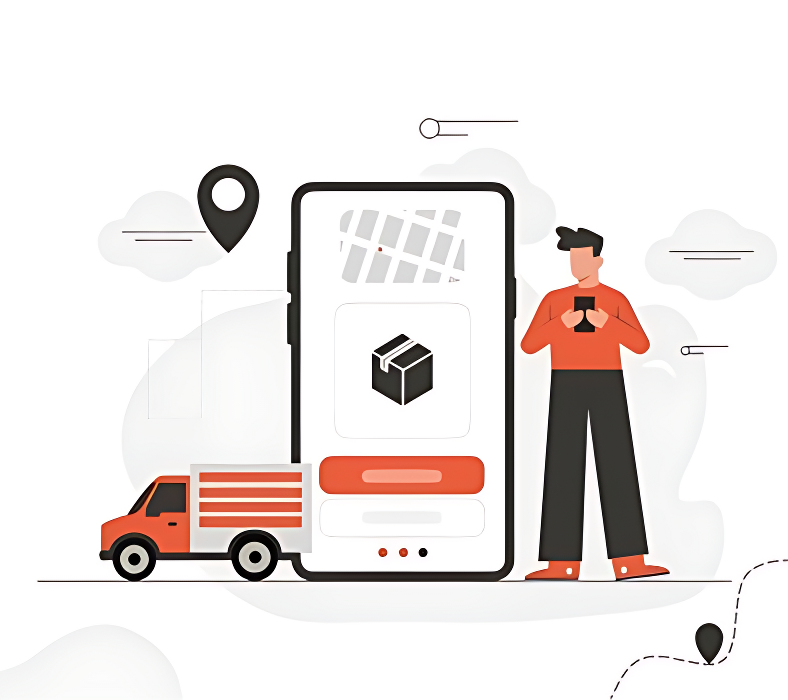



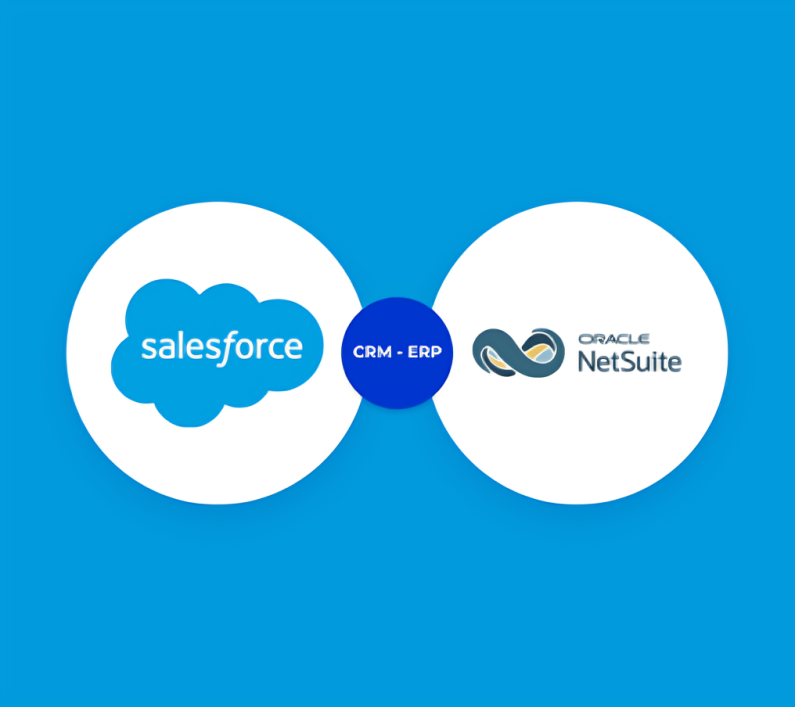
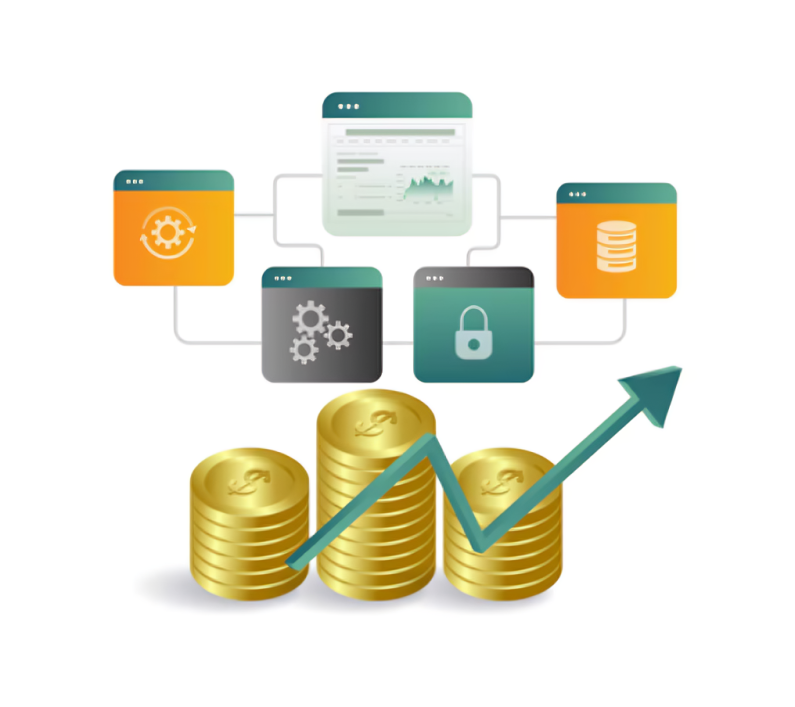






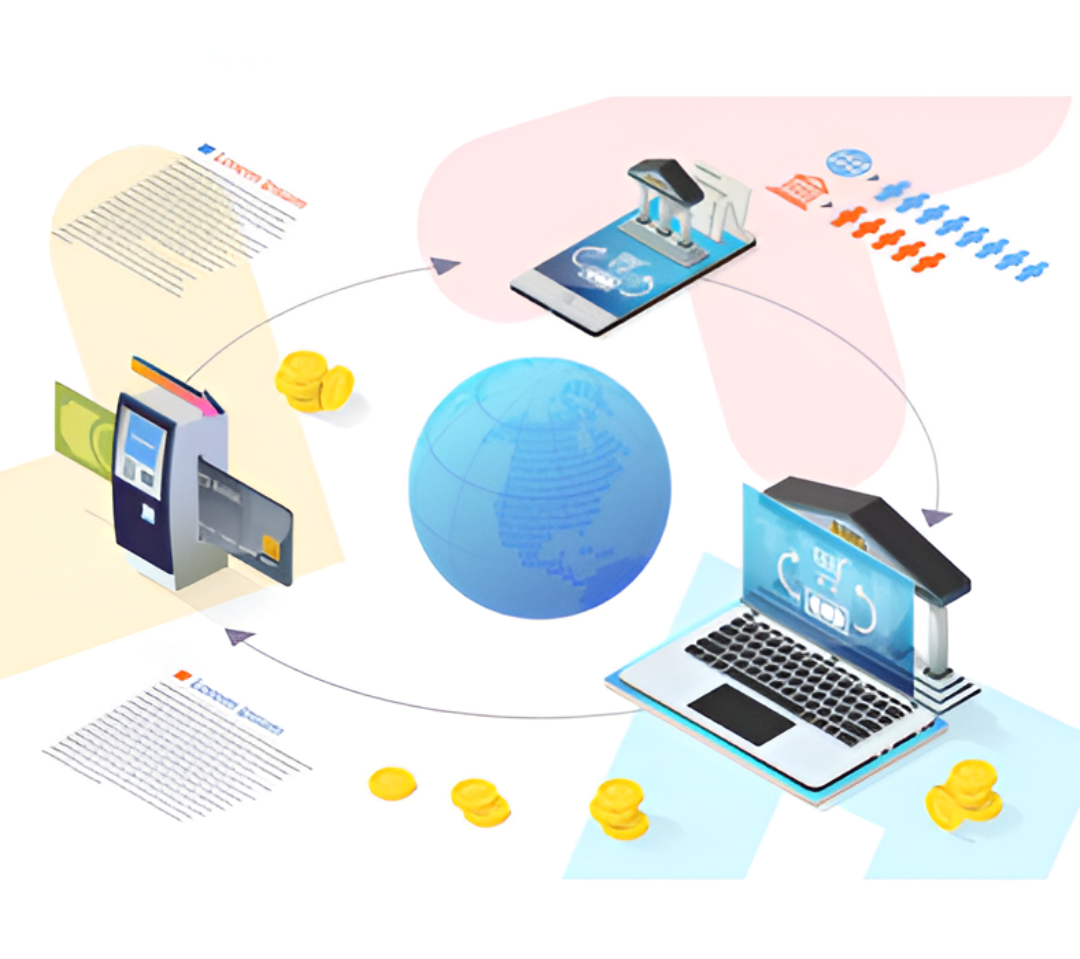








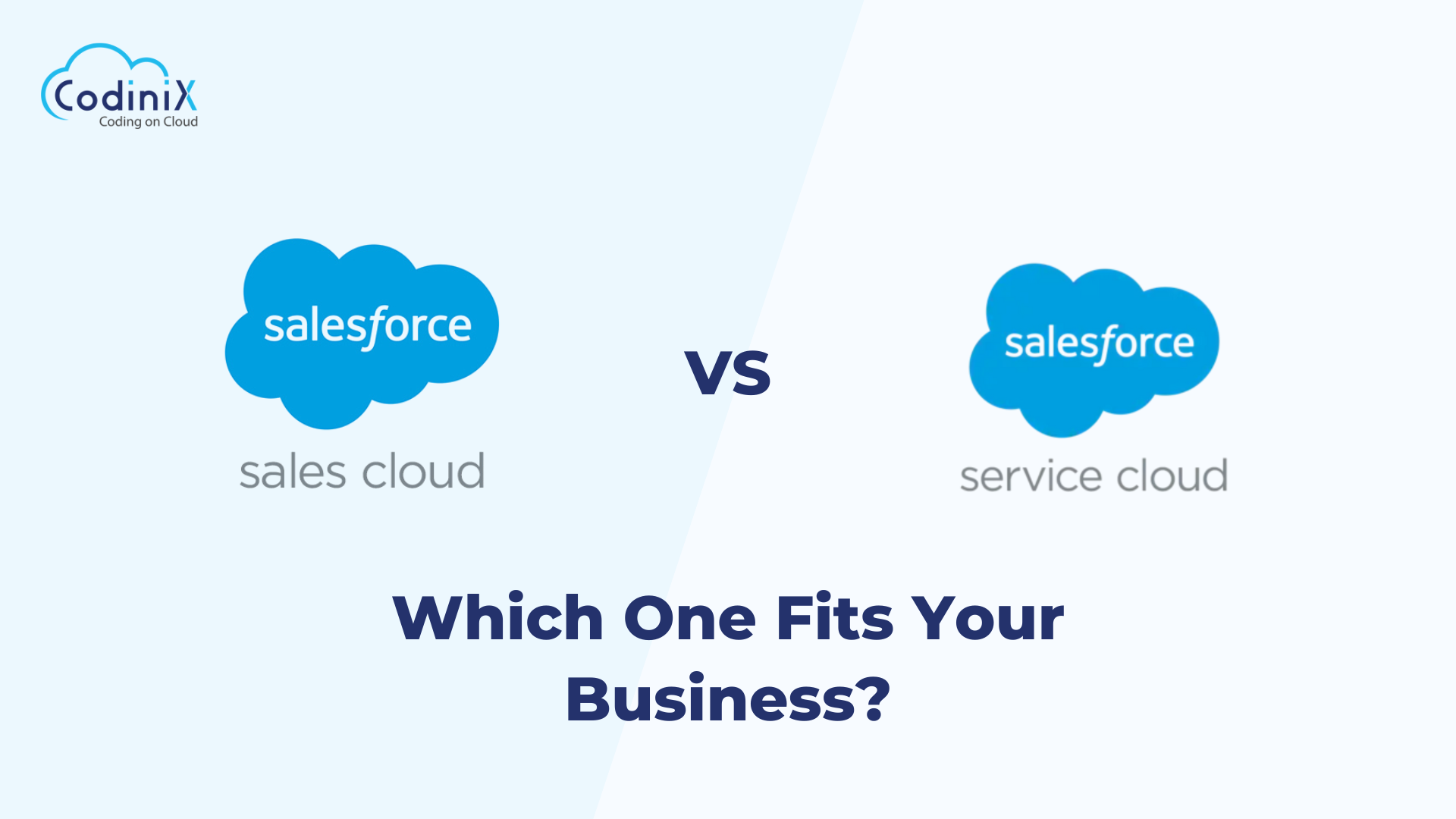
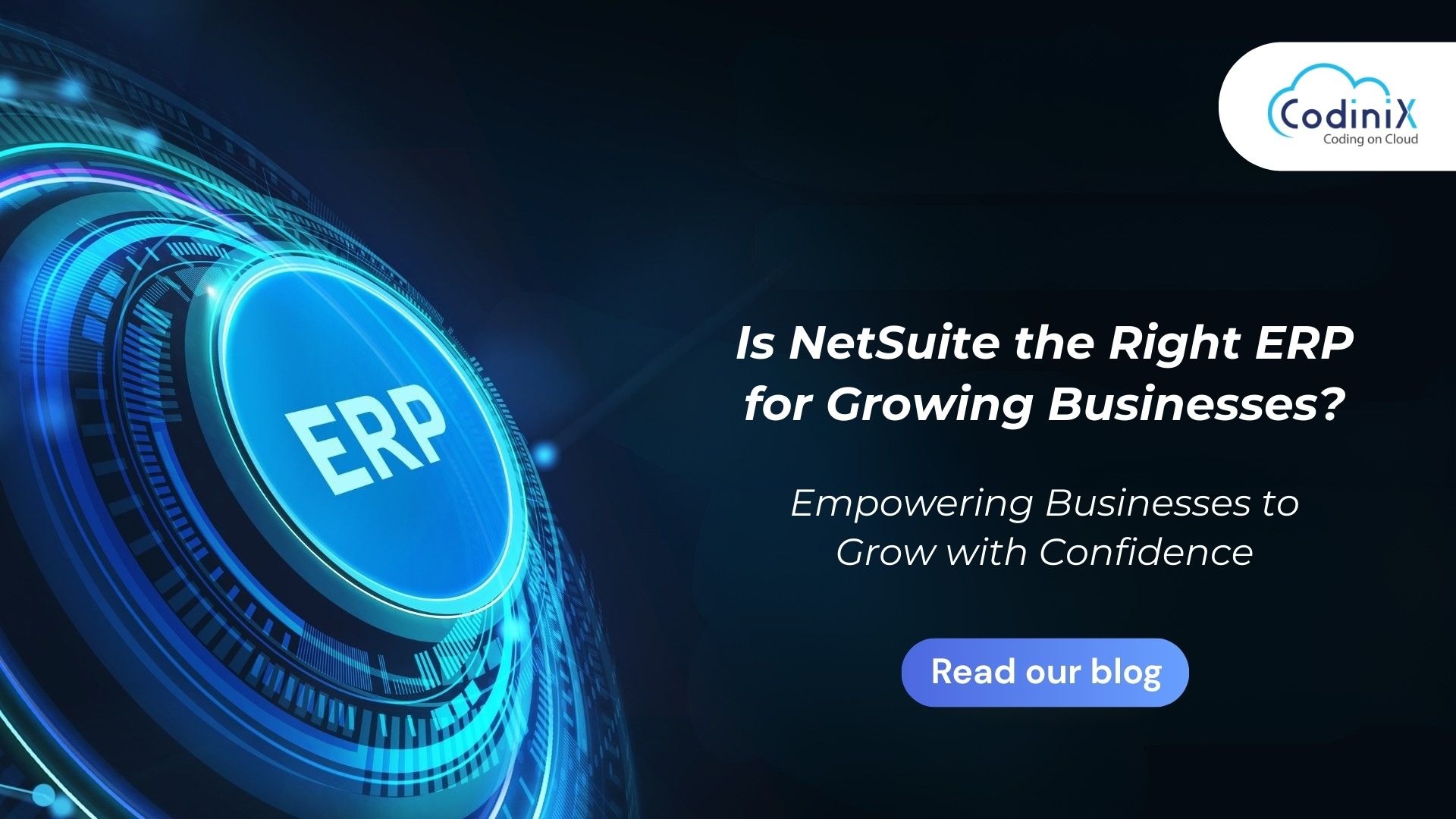


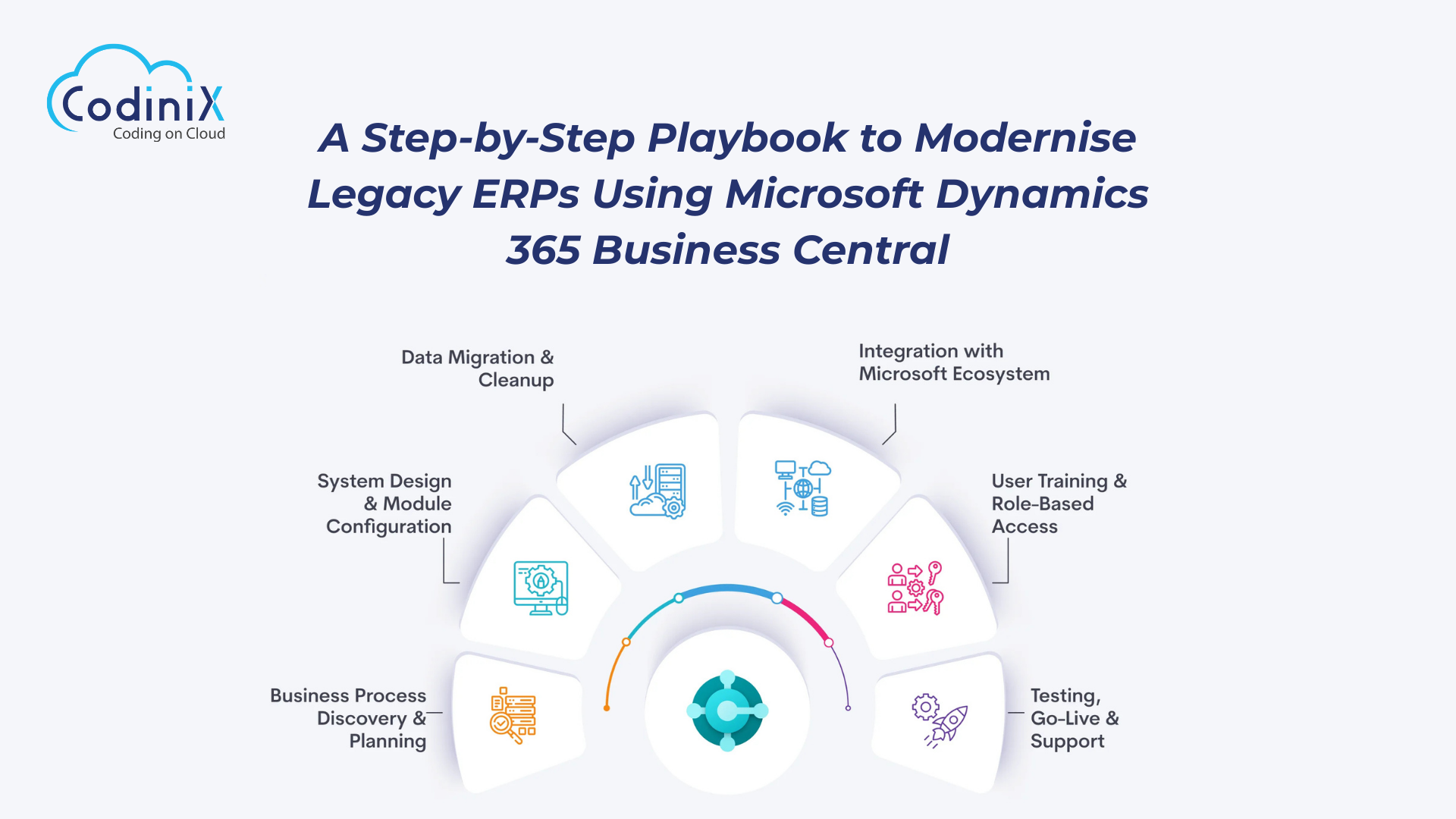
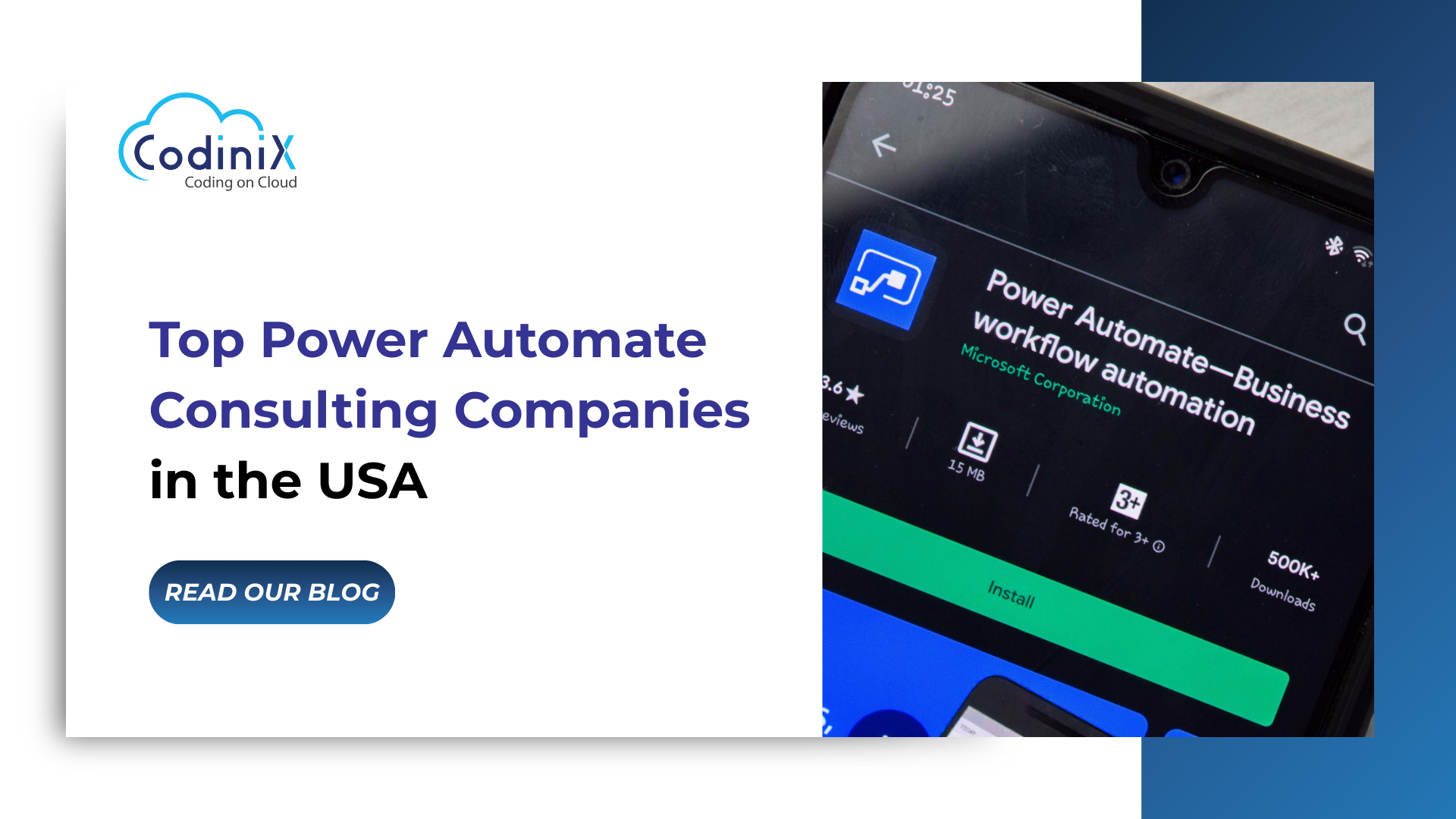
Leave Your Thoughts!!